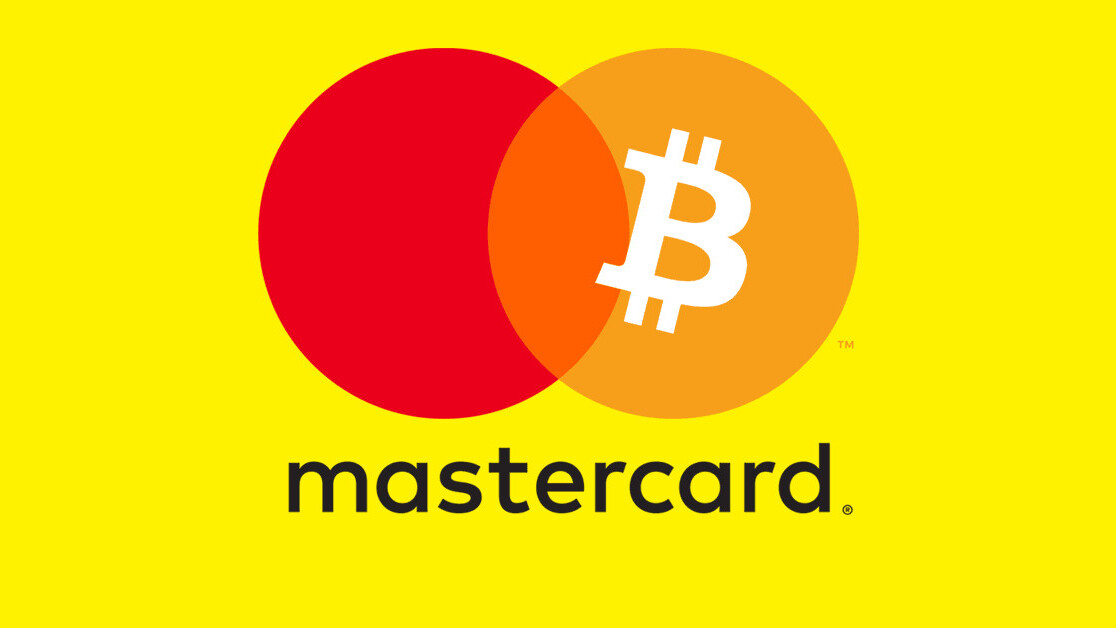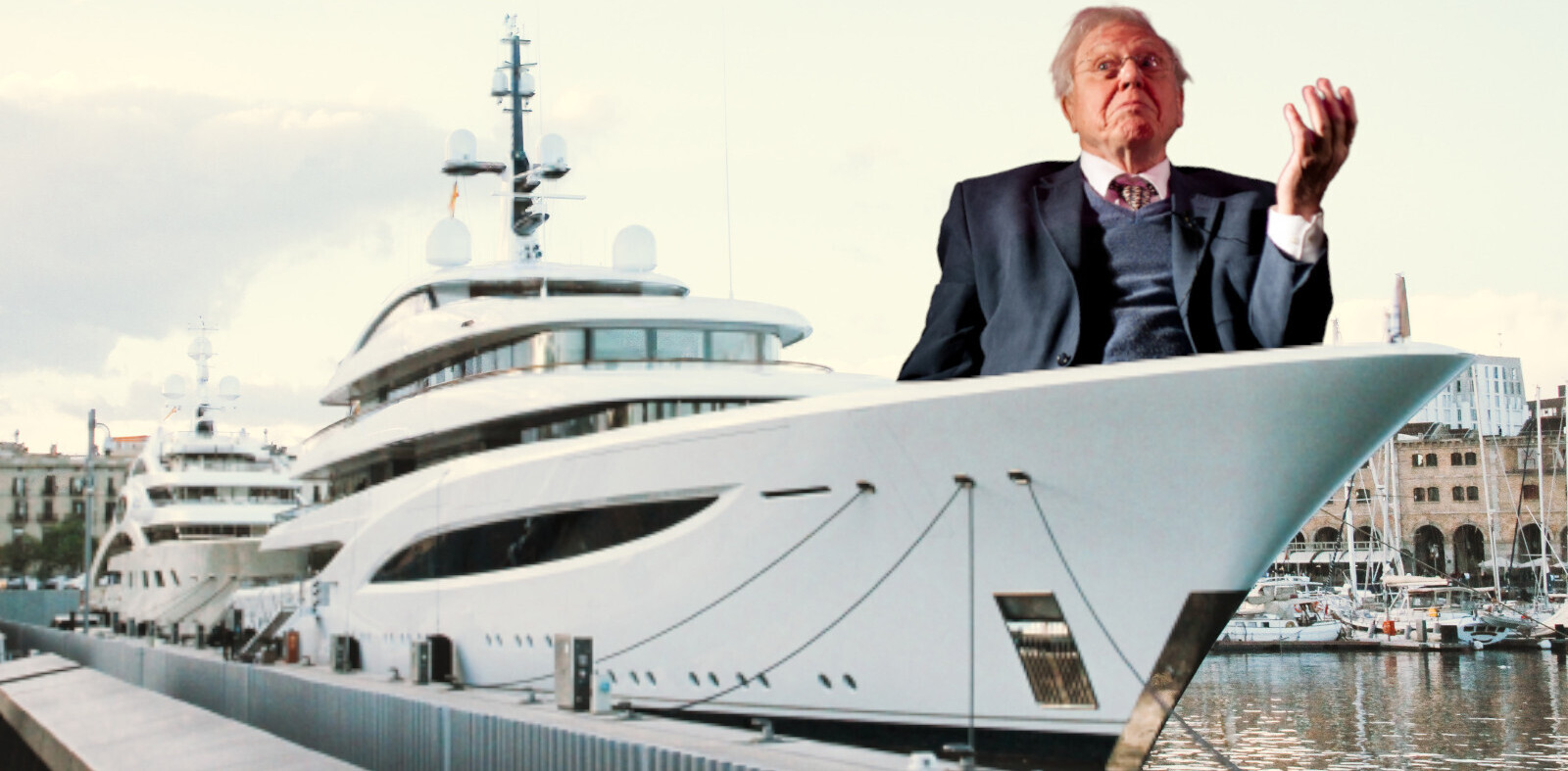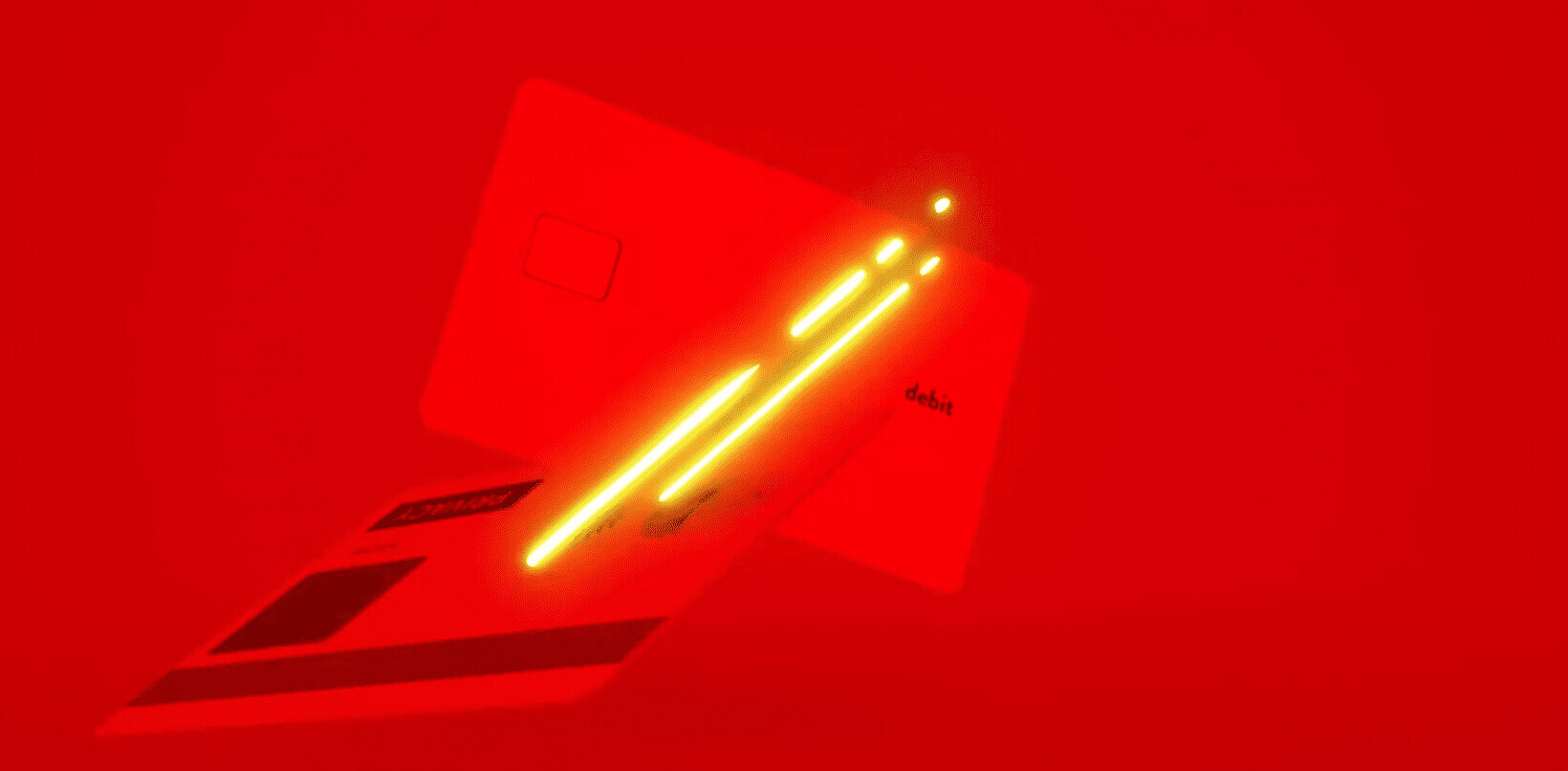
It seems Mastercard is gradually softening its stance on cryptocurrency, after CEO Ajay Banga downplayed non-government mandated digital currencies as “junk” back in October last year.
In a conversation with Financial Times, Ari Sarkar, Mastercard co-president for the Asia-Pacific region, said the company is open to explore cryptocurrencies created and backed by governments.
“If governments look to create national digital currency we’d be very happy to look at those in a more favourable way [compared with existing cryptocurrencies],” Sarkar told Financial Times.
“So long as it’s backed by a regulator and […] it is not anonymous, it is meeting all the regulatory requirements,” Sarkar continued, “I think that would be of greater interest for us to explore.”
It is interesting to note that while multiple countries and their central banks have flirted with the idea of creating a government-backed cryptocurrency, few have actually followed up on their plans to do so.
Central banks and governments in England, China, India, Russia, Dubai, Isreal, Venezuela, and Estonia have all announced plans to launch their own centralized cryptocurrency. Despite such plans though, Venezuela is the only country from that list which has successfully launched its own cryptocurrency.
In an earlier conversation with Economic Times in October 2017,Mastercard’s Banga compared cryptocurrencies to ‘junk’:
“If the government creates digital currency, we will find a way to be in the game. We will provide rails for moving currency from customer to merchant. The government mandated digital currencies are interesting. Non-government mandated currency is junk.”
Earlier last month, VISA and Mastercard reclassified the credit card transactions for Cryptocurrency from “purchases” to “cash advance.” As a result, buyers are now tacked an additional five-percent fee charged by the credit card merchant – that is next to the credit card fee charged by the exchange desks.
However, the aversion of Mastercard towards decentralized cryptocurrencies has not stopped them from working with blockchain technology and cryptocurrency on their own.
Indeed, Sarkar said that its research arm, Mastercard Labs, has filed for more than 30 patents related to blockchain technology and cryptocurrency.
Get the TNW newsletter
Get the most important tech news in your inbox each week.





